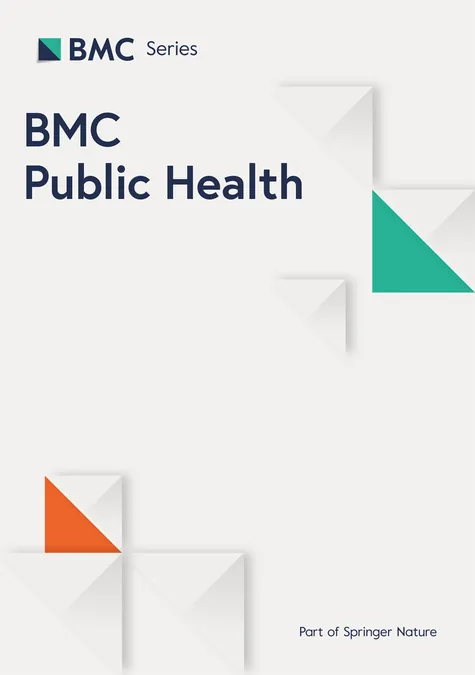
Coffee Consumption and Its Mysterious Link to Diabetes in Rural Vietnam: Shocking Insights from New Study!
2025-03-26
Author: Siti
In a groundbreaking cross-sectional study conducted in rural Vietnam, researchers aimed to unravel the intriguing relationship between coffee consumption and diabetes, focusing specifically on how additives—such as the beloved condensed milk—might influence this connection. The study surveyed 3,000 middle-aged residents to explore the impacts of varying coffee habits on prediabetes, diabetes, and crucial markers of glucose metabolism.
The Study’s Background
Previous research has suggested that coffee consumption may provide protective benefits against diabetes, primarily due to its antioxidant properties. However, much of this evidence stems from high-income countries, creating a significant gap in understanding how coffee, especially when mixed with sweeteners, affects populations in low- and middle-income nations like Vietnam. Alarmingly, the prevalence of diabetes in Vietnam has been rising, from 3.2% in 2011 to an expected 7.1% by 2045.
Methodology
To uncover these associations, the study utilized multinomial logistic regression to compare coffee drinkers with non-drinkers across several categories (0, 0.1-0.9, 1-1.9, or ≥2 cups/day). Furthermore, linear regression evaluated the impact of coffee consumption on insulin resistance and insulin secretion, significant factors in diabetes development.
Study Results
The findings revealed a complex picture: while coffee drinkers showed varied odds ratios for prediabetes and diabetes, none were statistically significant enough to draw firm conclusions. Specifically, for those drinking 0.1-0.9 cups/day, the odds of prediabetes were slightly elevated (OR 1.18), while a consumption rate of ≥2 cups/day appeared to have protective undertones (OR 0.59 for diabetes), although these trends lacked statistical significance.
Intriguingly, no clear associations were found between coffee consumption and insulin sensitivity (using HOMA-IR models). This hints that, in the case of the Vietnamese population, the sugary additives may obscure coffee’s potential health benefits.
Cultural Context: A Coffee Nation
Vietnam's unique coffee culture—characterized by sweetened coffee mixes with condensed milk—may be detrimental to the positive health narratives surrounding coffee consumption. Given that 56% of study participants were non-coffee drinkers, the authors suggest this may limit the generalizability of findings, making it imperative to focus on the volume and composition of coffee consumed in future studies. Regular coffee drinkers tended to have different lifestyles: many were employed in agriculture, smoked, and had differing dietary patterns.
Conclusion: Call for Further Research
This study emphasizes the need for more targeted research in the Vietnamese context, particularly exploring how different coffee types and preparation methods affect health outcomes. The researchers stress that the conversation about coffee’s health implications is far from over and warrants attention from health authorities looking to tackle rising diabetes rates.
As Vietnam grapples with its diabetes epidemic, the interactions between coffee culture and health must be understood. Could your daily cup of coffee be a hidden ally or a surprising foe? The answer remains elusive, but one thing is clear: more research is urgently needed to decipher the complex relationship between our coffee habits and metabolic health in rural Vietnam!




 Brasil (PT)
Brasil (PT)
 Canada (EN)
Canada (EN)
 Chile (ES)
Chile (ES)
 Česko (CS)
Česko (CS)
 대한민국 (KO)
대한민국 (KO)
 España (ES)
España (ES)
 France (FR)
France (FR)
 Hong Kong (EN)
Hong Kong (EN)
 Italia (IT)
Italia (IT)
 日本 (JA)
日本 (JA)
 Magyarország (HU)
Magyarország (HU)
 Norge (NO)
Norge (NO)
 Polska (PL)
Polska (PL)
 Schweiz (DE)
Schweiz (DE)
 Singapore (EN)
Singapore (EN)
 Sverige (SV)
Sverige (SV)
 Suomi (FI)
Suomi (FI)
 Türkiye (TR)
Türkiye (TR)
 الإمارات العربية المتحدة (AR)
الإمارات العربية المتحدة (AR)